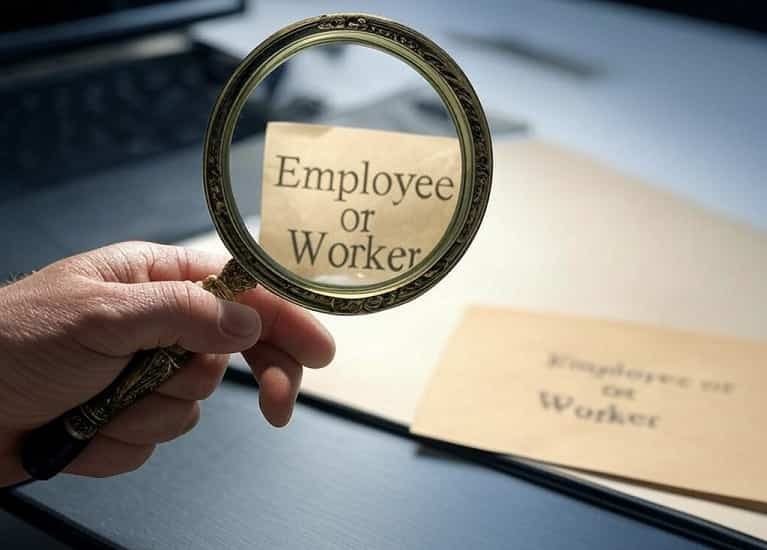Difference Between a Worker and an Employee: Understanding Your Role
The terms worker and employee are often used interchangeably, but they hold different legal definitions in the UK. Understanding the distinction is crucial for individuals seeking clarity on their employment rights, as well as for businesses ensuring compliance with employment law. This guide explores the difference between a worker and an employee, explaining their rights, responsibilities, and how the law differentiates between the two.
Define Employee: What Is an Employee?
An employee is someone who has a contract of employment and works under a clear structure of duties, responsibilities, and control set by their employer. The Employment Rights Act 1996 provides the legal definition of an employee, stating that:
“An employee is an individual who has entered into or works under a contract of employment.”
Key characteristics of an employee include (but not limited to):
1. A written or implied contract of employment
2. An obligation to carry out work personally
3. A structured work schedule controlled by the employer
4. Entitlement to full employment rights, including statutory sick pay, maternity leave, redundancy pay, and unfair dismissal protection

Worker Meaning: What Is a Worker?
A worker is a broader classification than an employee. Workers may have an agreement to perform work or provide services but typically have fewer rights than employees. However, they still enjoy important legal protections under UK employment law.
Key characteristics of a worker include: (but not limited to)
1. A contract to provide work or services, but not necessarily a formal employment contract
2. Some flexibility over when and how they work
3. Entitlement to National Minimum Wage, holiday pay, and rest breaks
4. No obligation to accept work unless specified in a contract
Worker vs Employee: Key Differences
Understanding whether you are classified as a worker or an employee determines the rights and protections you are entitled to under UK law. Below is a comparison of key differences:
| Feature | Employee | Worker |
| Employment Contract | Required | Not always required |
| Personal Work Obligation | Must perform work personally | Can send a substitute in some cases |
| Control by Employer | High – employer dictates work schedule and tasks | Lower – some flexibility on work |
| Statutory Rights | Full rights (sick pay, redundancy, unfair dismissal protection) | Limited rights (minimum wage, holiday pay) |
| Job Security | Strong protection from unfair dismissal | Limited protection |
Employee or Worker: Why Does It Matter?
Understanding whether you are a worker or an employee is crucial because it directly affects your legal rights and protections in the workplace. For example:
- Employees have greater job security and access to redundancy pay, unfair dismissal protection, and parental leave.
- Workers have some legal protections, but they lack security regarding long-term employment.
If you are unsure about your employment status, reviewing your contract and working conditions can help determine where you stand under UK law.
Common Questions About Employee and Worker Status
Yes, over time, if a worker’s relationship with an employer develops into a structured, continuous role with contractual obligations, they may be classified as an employee.
No, self-employed individuals do not fall under the worker or employee category as they operate their own businesses and are not subject to employer control.
Workers are entitled to some statutory benefits, such as holiday pay and minimum wage, but they do not receive full employee rights like redundancy pay or unfair dismissal protection.
Conclusion: Understanding Your Employment Status
The difference between employees and workers is a vital aspect of UK employment law. Whether you are classified as a worker or an employee affects your legal rights, obligations, and protections in the workplace. If you need further guidance on your employment status, reviewing your contractual terms and working conditions is essential.



